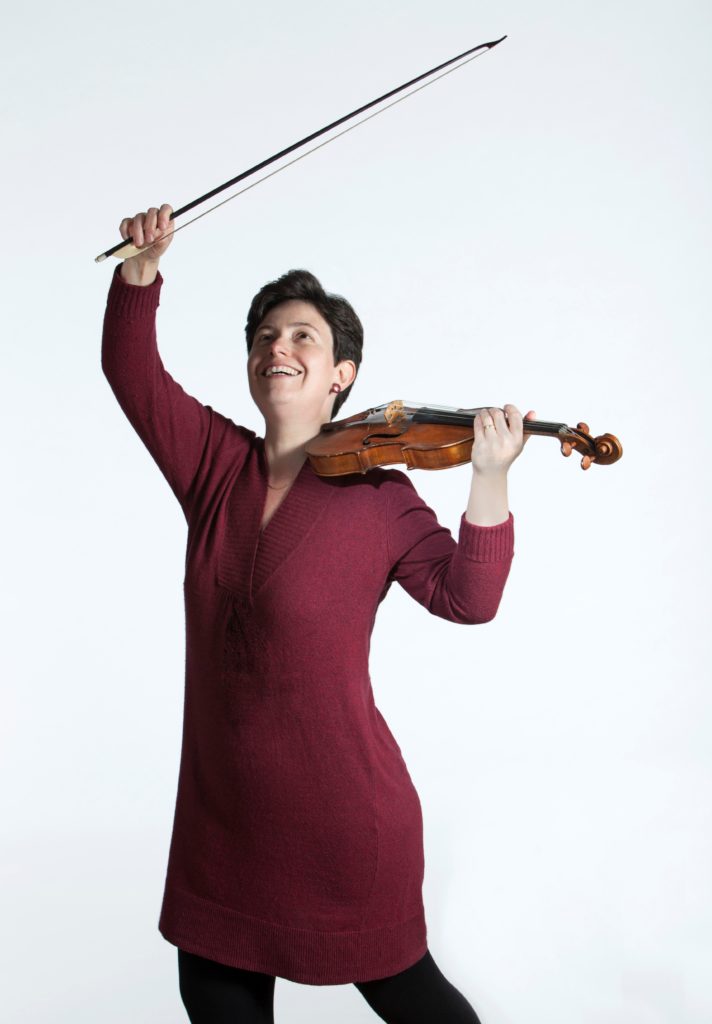
Ryedale Festival: Violins of the Orchestra Of The Age Of Enlightenment, Hovingham Hall, Hovingham, July 21
ONE of the benefits of the pandemic – there have not been many – is the rethinking it has brought about. Social distancing makes it impossible for the entire Orchestra Of The Age Of Enlightenment (OAE) to take the stage together. So the eight violins have decided to break out and do their own thing.
This was the second of two Baroque concerts they gave in the receptive acoustic of Hovingham’s old riding stables. All eight opened boldly in a Telemann concerto with four solo roles, making the most of the dissonance in the slow movements and adding really crisp rhythms to the powerful unison that opened the finale.
Thereafter, we enjoyed smaller groupings. Kati Debretzeni appeared on her own in an improvisation (Passaggio Rotto) and fantasia in A minor by Nicola Matteis the elder, who settled in England in the 1670s. Carefree in the first part, she was so brilliantly in command of the advanced techniques in the second that she sounded as if there were at least three of her.
After a dance-like start, Dan Edgar and Claire Holden engaged in much jocular dialogue in Telemann’s ‘Gulliver’ Suite in D, regularly changing tempos on the spur of the moment. The prelude to Bach’s third partita for solo violin made an engaging arrangement for a foursome, also highly conversational.
Even more exciting was the first movement of his ‘Italian’ concerto, in a wonderful arrangement for a quartet whose shading was masterly.
The sudden tempo changes in Giovanni Gabrieli’s Canzon Duodecimi Toni, written for two brass choirs, worked well in this building, although without quite the bite of the original. But the blend was impeccable. A threesome by Joseph Fux was well crafted, as you might expect from him, its suspensions a little forced, but the voices dovetailed neatly in its finale.
Finally, another concerto by Telemann, this time for only four players, brought some magical pianissimos, almost prefiguring Mendelssohn’s fairy music. The sheer panache and enjoyment of these players was a tonic throughout the evening.
Review by Martin Dreyer
